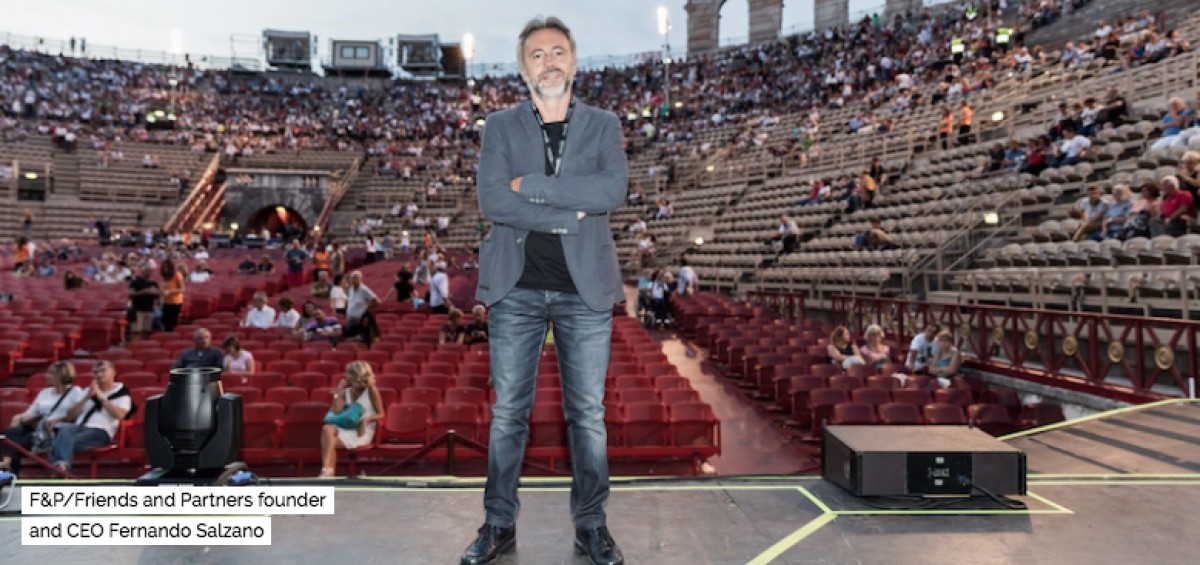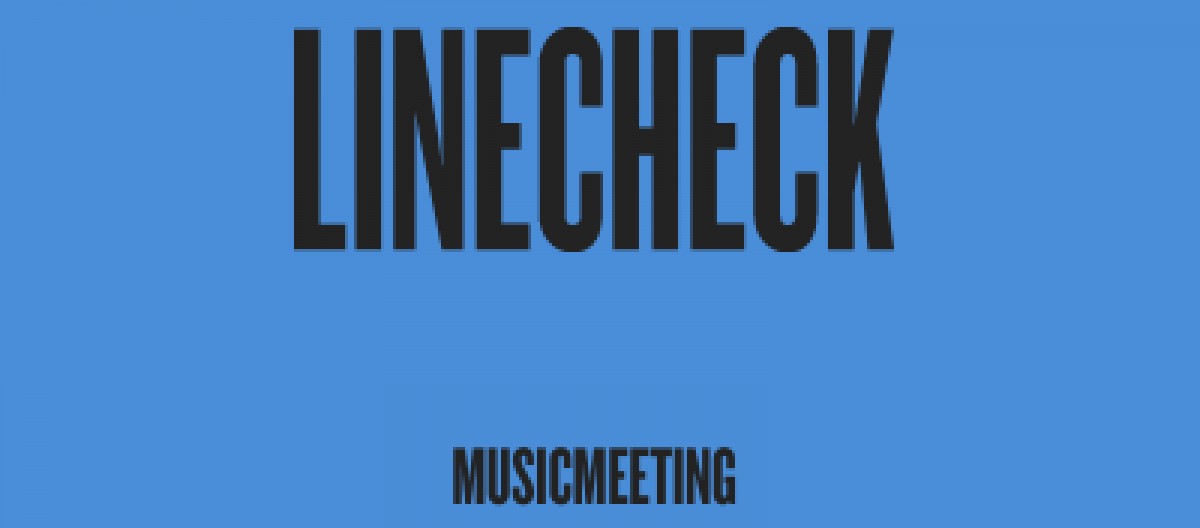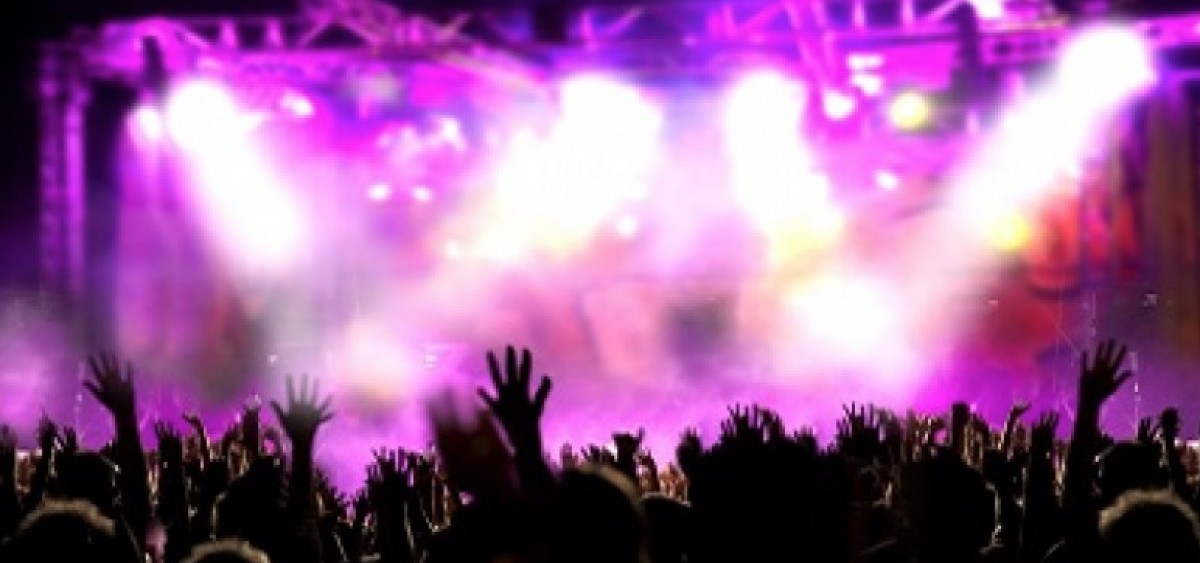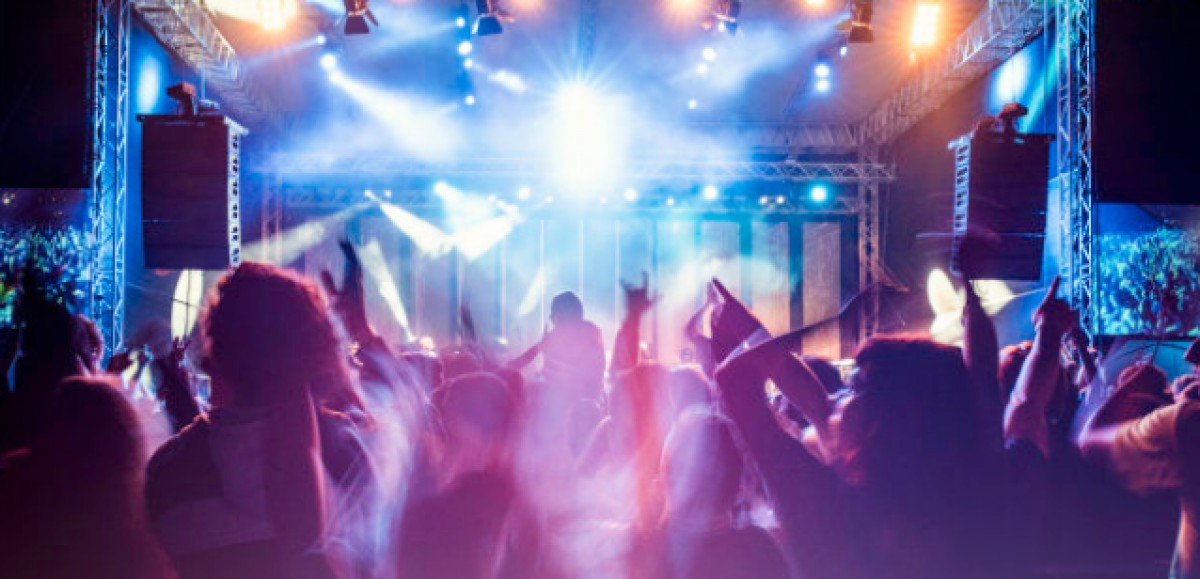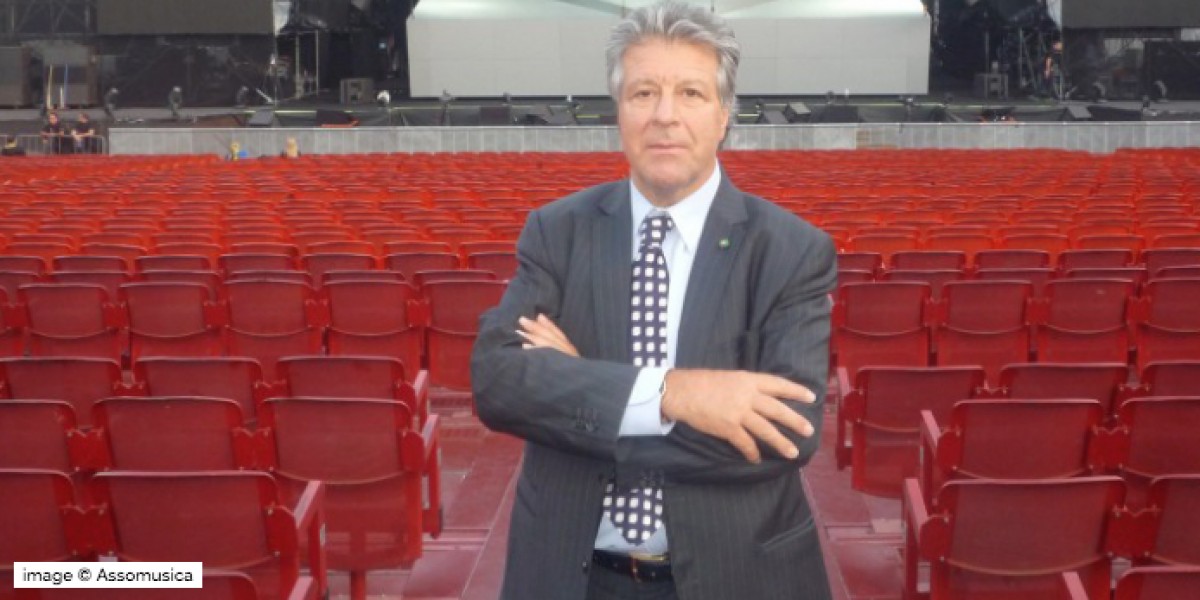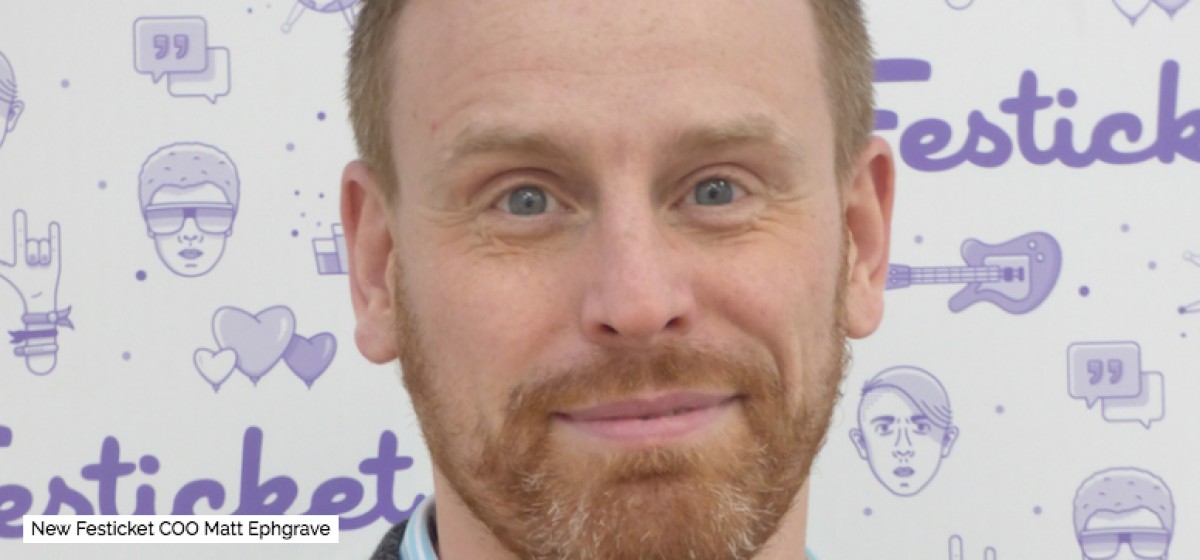IQ: CTS ACQUIRES MAJORITY STAKE IN FRIENDS AND PARTNERS
The acquisition of Ferdinando Salzano’s rebranded F&P Group follows that of Vertigo, as CTS Eventim bolsters its presence in Italy
CTS Eventim is to acquire a 60% stake in Ferdinando Salzano’s Friends and Partners, further strengthening its position in the Italian market.
The German live entertainment giant has had a presence in Italy since 2007, when it bought a share of ticketing market leader TicketOne, and in September acquired Italian promoter Vertigo.
Friends and Partners, formed in 2001 as F&P Group, represents more than 40 Italian artists, organising tours by stars including Il Volo, Claudio Baglioni, Ligabue, Nek and Laura Pausini, formerly in partnership with Warner Music. The company also produces concert films and music TV formats for all major Italian TV stations.
By joining CTS Eventim, Friends and Partners will be able to take advantage of Eventim’s global reach, says CEO Klaus-Peter Schulenberg.
“There are many artists that have long been addressing an international audience and who plan their live performances without paying heed to national borders,” comments Schulenberg. “Our aim is to offer them Europe-wide touring opportunities and efficient ticketing services under the CTS Eventim umbrella. For that reason, we are constantly reviewing options for expanding our portfolio.
“I am delighted that with this transaction we further strengthen our market position in Italy.”
Friends and Partners founder Salzano, who will continue to manage the company from its offices in Milan, adds: “I am looking forward very much to the various opportunities that the partnership with a global player like CTS Eventim will provide us and I thank Klaus-Peter Schulenberg and his team for the confidence they place in us. Our joint aim is to project the Friends & Partners success story into the future.
“At the same time, my colleagues and I will remain true to our mission, which is to offer artists, managers and producers a home that helps them realise their creative ambitions. I also extend my thanks at this point to my companions at Warner Music, who have passionately supported and advised my team and myself for almost a decade. I am certain that our paths will cross on various projects in the future.”
Leggi l'articolo su IQ Magazine
